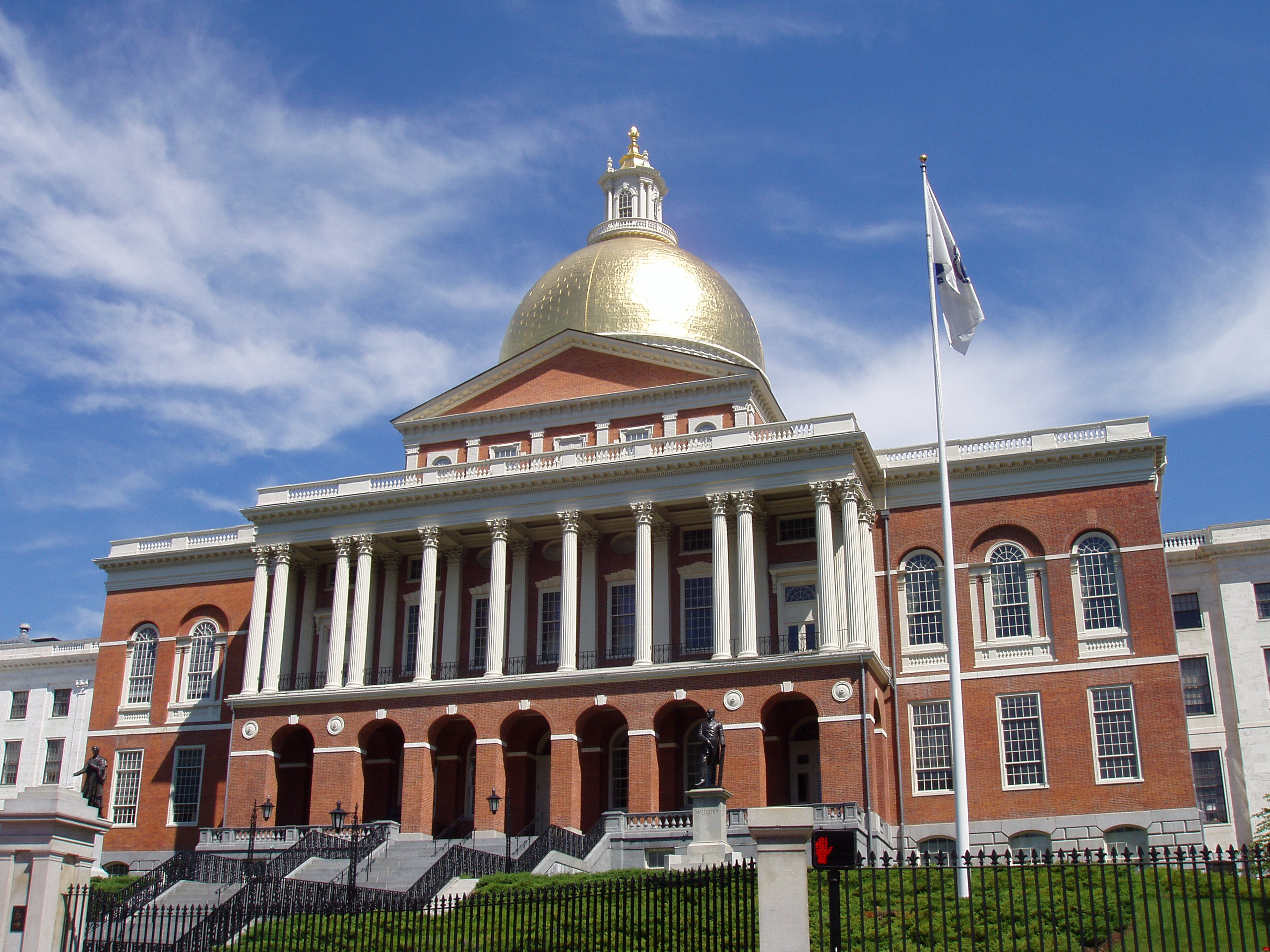On August 4, Massachusetts Coalition for Independent Work filed two versions of a ballot initiative with the Massachusetts Attorney General’s office that would classify app-based transportation (rideshare) and delivery drivers as independent contractors. It would also adopt labor and wage policies specific to app-based drivers and companies.
The initiative is similar to California’s Proposition 22 that was approved by voters at the 2020 general election by a margin of 58.6% to 41.4%. California’s Proposition 22 was the most expensive ballot measure campaign in California's history according to available records. The support reported $202.9 million in contributions, with Uber, Doordash, Lyft, InstaCart, and Postmates as top donors. The opposition reported $19.7 million in contributions, with unions as the top donors.
The ballot initiative filed targeting the 2022 Massachusetts ballot would define app-based drivers as independent contractors who meet the following criteria:
- couriers of a delivery network company (DNC) or drivers of a transportation network company (TNC),
- companies that do not prescribe the time and days worked by the courier or driver,
- contractors with DNC or TNC that cannot be terminated for rejecting service or delivery requests, and
- couriers and drivers that are not captive to any specific DNC or TNC and are not restricted from performing other work.
Examples of companies that hired app-based drivers include Uber, Lyft, and DoorDash.
The initiative would enact labor and wage policies that are specific to app-based drivers and companies including
- a guaranteed earnings floor that would be equal to $18 per hour in 2023 excluding tips,
- paid occupational safety training program requirements,
- a healthcare stipend for workers who meet weekly hour requirements,
- earned paid sick leave,
- coverage under Massachusetts Paid Family and Medical Leave,
- requirements for occupational accident insurance to cover disability payments and medical bills, and
- requirements for accidental death insurance.
The law would take effect on January 1, 2023.
Massachusetts Coalition for Independent Work is leading the campaign in support of the initiative. The coalition has been endorsed by DoorDash, Lyft, Uber, Postmates, and Instacart. James Hills, a community activist and spokesperson for the Massachusetts Coalition for Independent Work, said, "There is a national call for true equity and inclusion amid a world pandemic, and yet without a major change thousands of drivers could lose the work they rely on. A large number of app-based drivers are Black, Brown, and women and it is imperative that we protect the flexibility that they want and their ability to earn when they want. That freedom, plus the benefits and protections in this ballot question, will strengthen our communities and boost economic opportunities for people from every background."
Coalition to Protect Workers' Rights is leading the campaign in opposition to the initiative. It has been endorsed by NAACP New England Area Conference, ACLU Massachusetts, Massachusetts AFL-CIO, and SEIU-Massachusetts. Beth Griffith, an Uber driver and spokesperson for the Coalition, said, "The ballot language from Uber and Lyft is a $100 million ploy to avoid paying taxes, avoid paying workers fairly, and allow Big Tech companies to buy their way out of the basic obligations of every other business. Drivers and delivery workers, most of us Black, Brown, and immigrants, are tired of being treated like ‘second class’ workers by these multibillion-dollar tech companies. When we ask these companies to simply follow the law, they threaten our jobs."
August 4 was the deadline to submit petitions for indirect initiated state statutes in Massachusetts. The number of signatures required to qualify an indirect initiated state statute for the ballot is equal to 3.5 percent of the votes cast for governor in the most recent gubernatorial election collected in two rounds.
The legislature has a chance to approve indirect initiatives without the measure going to the voters. The first round of signatures equal to 3 percent of the votes cast for governor is required to put an initiative before the legislature. For the 2022 ballot, the first-round signature requirement is 80,239 signatures. A second round of signatures equal to 0.5 percent of the votes cast for governor in the last election is required to put the measure on the ballot if the legislature rejects or declines to act on a proposed initiated statute. The second-round signature requirement is 13,374 signatures.
Before proponents can gather signatures, an initiative must be approved by the attorney general’s office to ensure it complies with the state’s single-subject rule. After that determination, the petition is sent to the secretary of the commonwealth where it receives a summary to be included on the official petition form for circulation.
Twenty-eight indirect initiated state statutes targeting the 2022 ballot were filed with the attorney general’s office. Two proposed initiated constitutional amendments, which are governed by a different process, were also filed and would go on the 2024 ballot. The attorney general will make an announcement on which initiatives are cleared for signature gathering on September 1.
Additional Reading:



